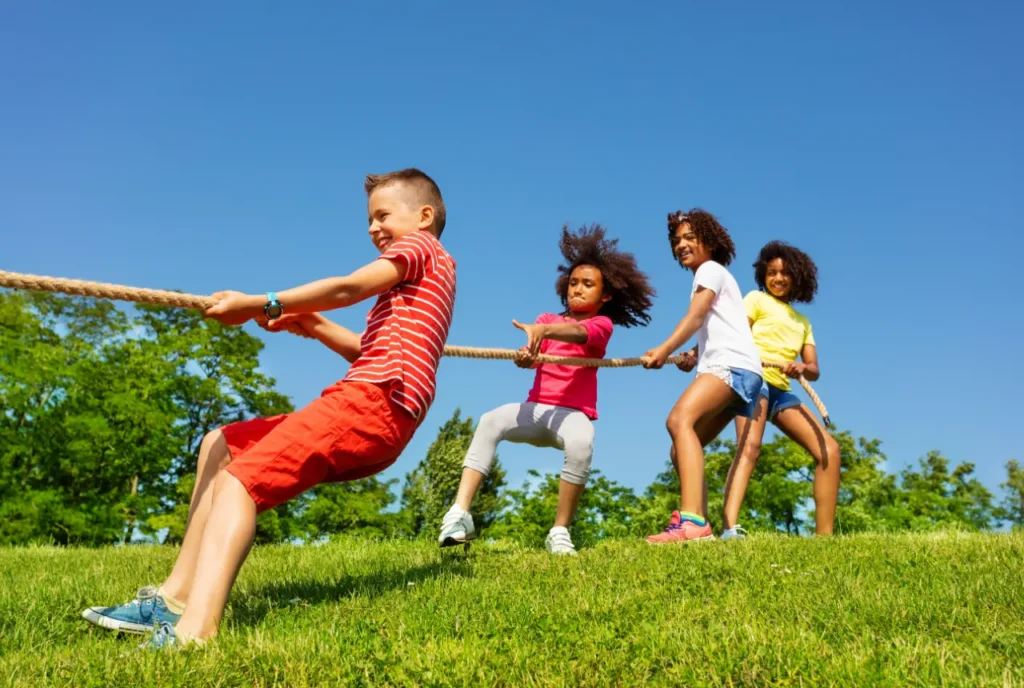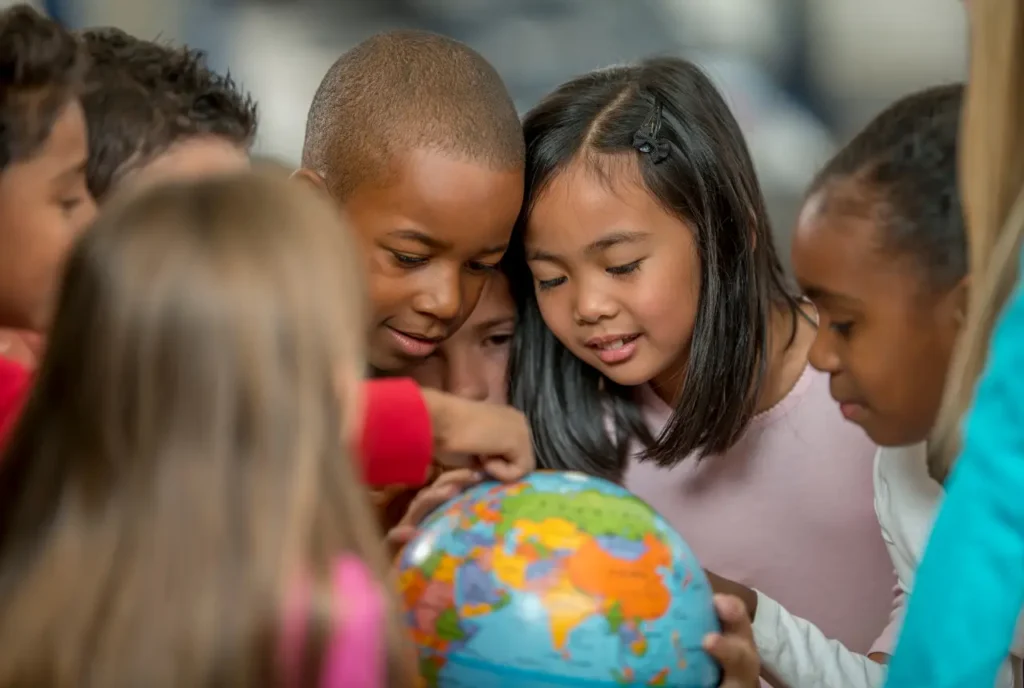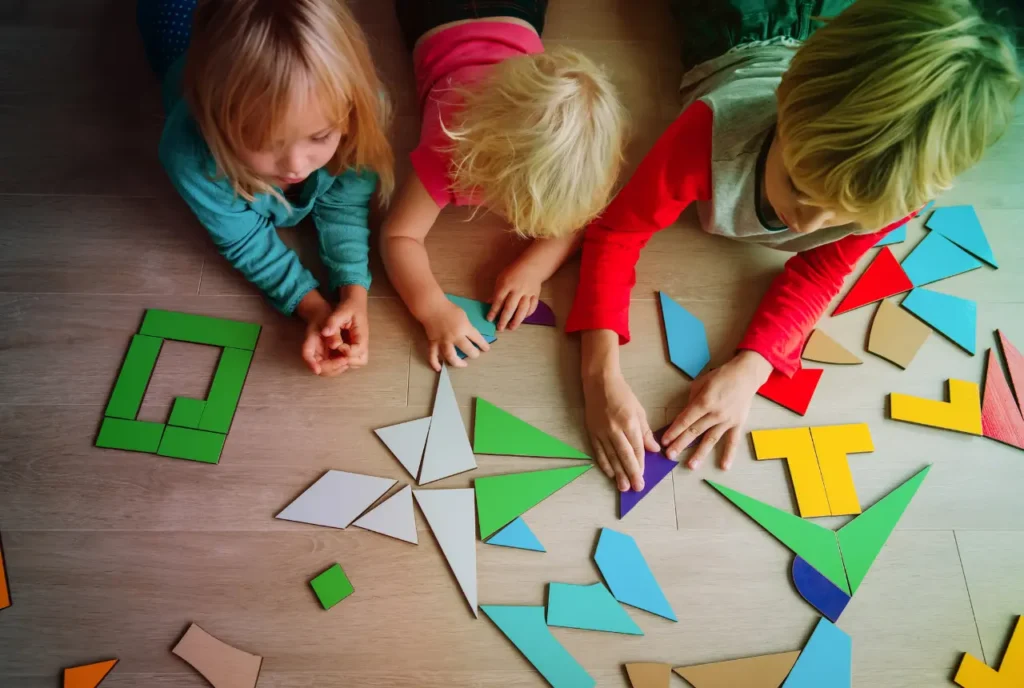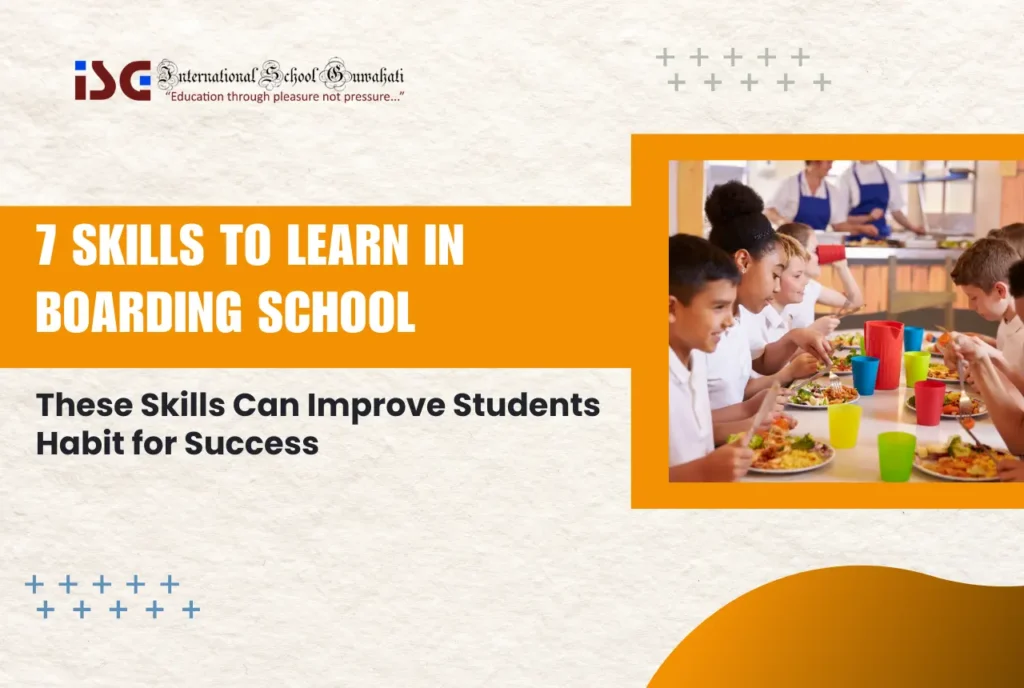Let’s be honest, boarding school isn’t easy. Sure, you’ll spend 24/7 with your friends, but being away from your parents? That’s tough. The warmth and comfort of home are hard to replace, and adjusting to a new environment can feel overwhelming at times.
But here’s the truth: staying in a boarding school is a big deal. It will test your patience, your resilience, and your ability to step out of the comfort zone. Among its many challenges are time management and overcoming homesickness, to mention a few. But by the end of it all, you come out stronger, wiser, and equipped for life than you thought was possible. There are many skills to learn in boarding school.
No education is complete without the extraction of valuable lessons for real life. Students from International School Guwahati and such other school centers become confident and self-standing independent adults ready to take everything that the world has offered. All these experiences, bonds, as well as hardship, constitute the foundation that would precede success in the life to come.
Skills to Learn in Boarding School: A Pathway to Success
Boarding schools offer a well-structured environment that helps students thrive both academically and personally. In such an environment, they develop seven core skills that ensure success in both personal and professional life, including time management, independence, leadership, communication, emotional intelligence, problem-solving, and adaptability. With the wide range of activities and projects undertaken, the students develop the ability to face challenges and, at the same time, lay a good foundation for the future.
The 7 Remarkable Skills to Learn in Boarding School
1. Time Management

The first skills to learn in boarding school is time management. This skill, developed through structured schedules, is quite an important aspect of a student’s life in boarding schools. Most of these institutions set up routines for classes, meals, and study hours that encourage students to build their daily schedules. Such a routine allows the students to balance the amount of time spent on academics, extracurricular activities, and personal time.
The student is trained to focus on what to do and by when, allowing him to meet deadlines but at the same time maintain a good work-life balance. He is often advised to prepare very detailed schedules, remove distractions, and use specific study techniques such as the Pomodoro Technique. All these ensure productivity and create a base for future success in college and professional life.
2. Independence and Self-Reliance

Students become very independent and capable when they stay away from home in a boarding school. In such an environment, children are expected to manage their personal responsibilities, daily schedules, and choices without much adult intervention. As they get accustomed to their new lifestyles, children acquire confidence and learn to overcome various challenges on their own. This makes them prepare for adulthood.
Helping children learn to manage their own time and money by doing chores such as washing, budgeting, and scheduling prepares them for success in college and beyond. By learning to rely on themselves in this encouraging yet demanding setting, kids will be better prepared to handle the rigors of adulthood.
3. Leadership and Teamwork

Collective Leadership or teamwork is also one of the those skills to learn in boarding school.
There are better chances for boarding school students to engage in extracurricular activities, including athletics, clubs, and student governments. They are perfect for promoting teamwork and leadership skills. Involvement in such an activity will teach the students how to work productively together. The ability to collaborate with other people towards a common goal is increased.
Students should then be comfortable raising their thoughts while listening and considering those from others, especially when doing group assignments or team activities. They learn to work in harmony with others and ethical leadership is developed within this cooperative environment. What qualities for future leaders learn is inclusion, fairness, and accountability. As students assume roles in teams and are exposed to new ideas and perspectives, it builds the skills they could apply to any academic or occupational pursuit.
4. Communication Skills

Clear and concise communication is key to any activity, and boarding schools are always at the forefront of developing such qualities in their students. Enough opportunity is given to express themselves articulately and convincingly through class discussions, debates, and presentations. Through this, they will become more confident and develop better communication skills.
The children in boarding schools also learn to sympathize with others and listen well. As a result of sympathetic practice in their interactions with classmates, the children become better at building a community that upholds different views. In addition, the children become able to resolve conflicts amicably by learning effective ways of handling arguments. Success in both social and professional life depends on how an individual can communicate well. They help the students to build relationships and work effectively because they face any challenge fearlessly.
5. Emotional Intelligence
Boarding school teaches students many things about emotional intelligence. This close-knit atmosphere makes them learn to understand and control their emotions, and in return, it helps them feel good about themselves and builds better relations with others. Dealing with daily ups and downs with peers helps them know emotions in others and be able to respond in a thoughtful manner that strengthens the connections with people.
They have broadened horizons for living and experiencing new things. Exposure increases their empathy so that they can appreciate what others feel or undergo. It comes with a given number of challenges for the boarding school. The people in it undergo setbacks but learn how to overcome them, thus fostering resilience in them. These experiences shape their capability to stay aware of their emotions and stay calm even in the most chaotic situations – skills that will help them throughout life.
6. Problem-Solving and Decision-Making

Boarding schools provide real-life experiences that challenge students to think critically and solve problems effectively. Making decisions is something kids do all the time, whether it’s juggling schoolwork, resolving friendship conflicts, or working on group projects.
In this setting, students learn to consider all of their alternatives, weigh the pros and disadvantages, and ultimately make good judgments. Therefore, they develop the urge to think outside the box when they encounter problems, which improves their ability to seek alternative ways of solving the problem.
Lessons learned out of the classroom not only help a student in the classroom but also prepare him or her to handle the pressure of good choices in the real world. Ultimately, kids become confident in their judgment, which is a quality one cannot possibly value enough as they grow up to be independent individuals.
7. Adaptability and Resilience
Boarding schools develop resilience and adaptability, which are two very important skills a person needs to live their life. Getting used to new routines, new surroundings, and new cultures always makes them leave their comfort zone. They begin to view change as a platform for growth, rather than an obstacle over time.
From trying to adapt to different methods of teaching, new friends to make, and various cultural points of view, boarding school children develop flexible thinking and approaches to dealing with things positively. Challenges and sometimes frustrations help them learn to get over these challenges with the right attitude. These skills learned in boarding school sharpen them to cope with challenges.
Why Choose International School Guwahati?
Renowned for the holistic approach to its education, International School Guwahati is a world-famous CBSE school of Assam. Equipped with the most advanced resources, along with highly experienced faculties, the school helps imbibe vital skills and virtues such as emotional intelligence, time management, and the art of leadership. Its extensive extracurricular programs add to the enrichment of students’ academic experience, and aid in their intellectual, social, and cultural growth. In a caring atmosphere, our all-round approach ensures that learners are well-prepared for academic challenges.
Conclusion
The life skills to learn in boarding school have a massive impact on students’ overall development. These skills prepare students to succeed not only in schools but also in their careers and life generally. Boarding schools, like International School Guwahati, offer all-rounded education for children, which helps build the self-confidence and toughness they will require to face future challenges.








